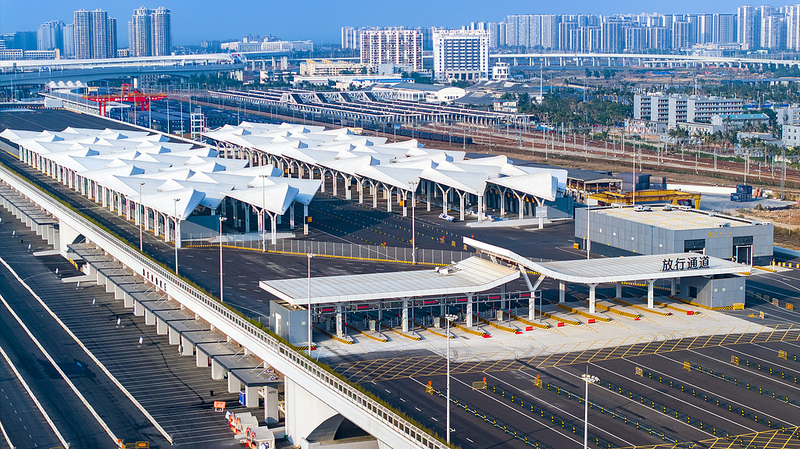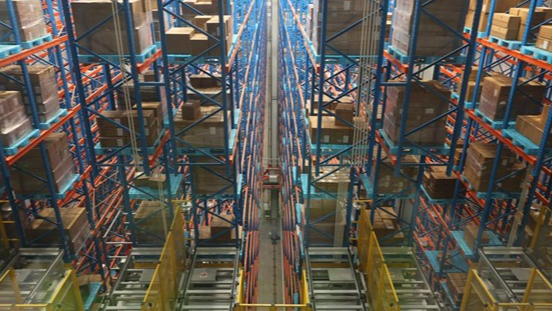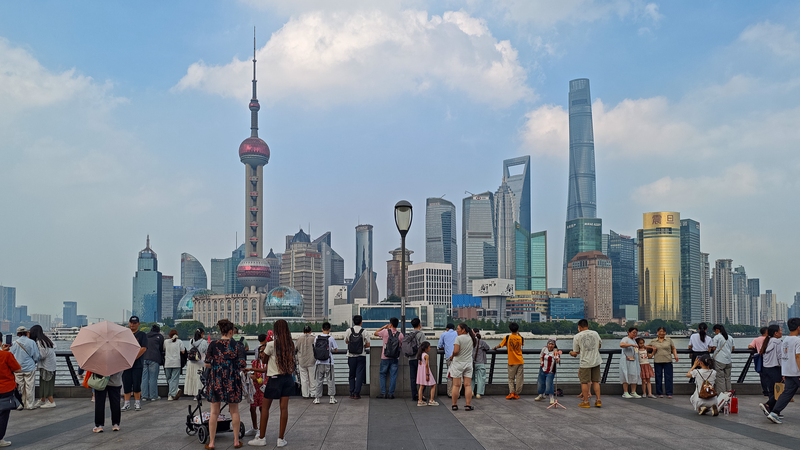From launching satellites 🛰️ to powering global manufacturing, China’s Five-Year Plans have shaped its rise as a tech and economic powerhouse. As the 14th Five-Year Plan (2021-2025) nears its end, let’s decode why this strategy is more than just a policy document—it’s a roadmap to the future.
🚀 From BeiDou to Global Impact
Remember when GPS was the only game in town? Enter BeiDou-3: China’s homegrown navigation system now monitoring ships worldwide 🌍. This milestone, highlighted in the 14th Plan, shows how strategic goals turn into real-world wins. Five years ago, the Plan tagged BeiDou as key to building a ‘manufacturing powerhouse’—today, it’s a global player.
📈 By the Numbers: Growth Unleashed
China’s industrial added value jumped from $4.4 trillion in 2020 to $5.6 trillion in 2024 💹. Manufacturing alone contributed 30% of global growth during this period! From EVs 🚗 to quantum tech, sectors prioritized in the Plan are now leading innovation races.
🌱 Green & Smart: The New Industrial Playbook
The Plan didn’t just boost output—it redefined how industries operate. Traditional sectors went green 🌿, while AI and photovoltaics surged. Think high-speed rail networks linking cities and smart factories where robots handle 80% of tasks 🤖.
🔮 What’s Next? The 15th Plan Beckons
With the 15th Five-Year Plan (2026-2030) in the works, China’s eyeing deeper reforms and tech sovereignty. As one researcher put it: ‘These plans aren’t just about GDP—they’re about writing the rules of 21st-century development.’
Reference(s):
Why the five-year plan is vital for China's governance and development
cgtn.com








